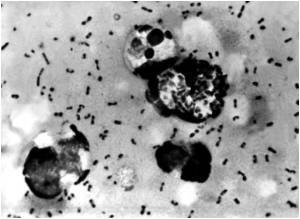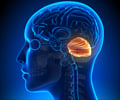At the University of Southampton, researchers has provided new insight into the consequence of accumulated 'misfolded proteins' in neurodegenerative disorders, such as Prion and Alzheimer's disease.

To increase the understanding of the disease mechanisms, the researchers, led by Dr Ayodeji Asuni from the University's Centre for Biological Sciences, compared prion disease brain tissue, which mirrors key features of Alzheimer's disease, and the brain of control mice.
They found that the degenerative process is paralleled by an increase in astrocytes – a major support cell in the brain – and four specific astrocytes-associated proteins: GFAP (structural protein), peroxiredoxin-6 (an antioxidant protein), EAAT-2 (glutamate transporter), and Clusterin (a chaperone protein). These are produced in greater amounts in response to the misfolding protein, perhaps to provide support and protection for neurons in the brain.
Current research has identified Clusterin as a biomarker for Alzheimer's disease and Dr Asuni's team extended their investigation to address whether Clusterin changes in the brain could be detected in the blood; such a result would have confirmed Clusterin as a potential biomarker for brain disease.
Dr Asuni says: "In contrast to observations made in Alzheimer's disease, the increased Clusterin expression in the brain was not reflected in the circulating levels of Clusterin in late-stage prion disease.
"So we caution against the assumption that plasma levels of Clusterin provide an alternate peripheral measure for the progression of brain degeneration. We believe the observations from our study in experimental conditions, in which potential confounds can be well controlled, will likely be of value in the interpretation of results from Alzheimer's disease patients."
Advertisement











